
By GLEN S. FUKUSHIMA
The abdication of Japanese Emperor Akihito on April 30 brought to an end the 31-year period of Heisei (“achieving peace”), the imperial era name for his reign between 1989 and 2019. With his son Crown Prince Naruhito ascending to the throne on May 1 as the 126thEmperor of Japan, the new era has been given the name Reiwa (“beautiful harmony”), announced to the public by Chief Cabinet Secretary Yoshihide Suga at a live televised press conference on April 1.
In addition to symbolizing a “new beginning” for Japan, several aspects of the transition from Heisei to Reiwa have attracted particular attention.
First, the immediate reaction by many Japanese to the name Reiwa was one of puzzlement and ambivalence, reflecting its unfamiliarity. However, a Kyodo News public opinion poll conducted in the two-day period after the name was announced on April 1 revealed that 73.7 percent of the respondents approved of the name, while only 15.7 percent expressed disapproval.
Second, Reiwa has met the criteria set forth before the selection process began. Among the stated criteria were that the name had to be easy to read and write, consist of two kanjicharacters, not overlap with any existing word, and encapsulate an ideal for the times ahead. Also, the name should not have the same first letter as any of its four immediate predecessors, namely H (Heisei), S (Showa), T (Taisho), or M (Meiji), to avoid confusion when only the first initial is used in computers or official documents.
Third, the meaning of Reiwa has provoked debate. Everyone agrees that the second character, “wa,” denotes “harmony,” “peace,” or “tranquility.” But the first character, “rei,” has multiple meanings, including “command,” “order,” and “dictate” as well as “beautiful,” “joyful,” and “auspicious.” Some observers have speculated that the character “rei” was chosen because the first three meanings reflect the conservative values of Prime Minister Shinzo Abe and his supporters. But the Japanese Foreign Ministry has implicitly rejected this interpretation by announcing “beautiful harmony” as the correct English translation of Reiwa. Prime Minister Abe himself described in a speech the name as representing the “culture born and nurtured while people beautifully bring their hearts together.”
Fourth, Japan has had 247 era names since the system was instituted in 645, but Reiwa, according to the Japanese government, is the first name to be selected from Japanese, rather than Chinese, classical literature. The kanji characters for Reiwa are derived from the Man’yoshu, an eighth-century (Nara period) anthology of wakapoetry. Some have claimed that this reflects the desire to assert pride in Japan’s indigenous culture, minimizing or even denying the long and deep cultural ties to China. However, some Japanese classical scholars have pointed out that the phrase actually has an earlier source in ancient Chinese literature dating back to the second century AD, on which the Man’yoshu?is supposedly based.
Fifth, the process by which Reiwa was chosen has received much scrutiny. A short list of names was drawn up by a nine-member panel comprising seven men and two women, and the Cabinet selected the final name from the short list. The day after the announcement, the government revealed the five other candidate names, three of which were sourced from two Japanese works of classical literature, the Kojikiand the Nihon Shoki. The entire process was shrouded in tight secrecy to prevent the possibility of premature leaks.
Sixth, despite attempts to keep the proposer of the name Reiwa secret, most observers have concluded that the person is Susumu Nakanishi, 89, professor emeritus at the International Research Center for Japanese Studies and one of Japan’s foremost authorities on the Man’yoshu.?Nakanishi is honorary president of the?Nara Prefecture Complex of Man’yo Culture, president of the?Koshinokuni Museum of Literature, and has been a visiting lecturer at?Princeton University.
Seventh, the utility of imperial eras has been questioned by some Japanese. A recent survey by the Mainichi Shimbun?found that a third of the respondents mostly use the system now, a steep drop from the 82 percent in 1975. Although 25 percent of the respondents preferred the Western, or Gregorian, calendar, many use the two interchangeably because both use Western months and dates. The changeover from Heisei to Reiwa has resulted in a frantic attempt over the one-month period between April 1 to May 1 to make the necessary changes in calendars, forms, documents, date stamps, computer software, etc. Some economists and business analysts have complained about the resulting costs, inefficiency, and loss of productivity.
Finally, imperial names represent the zeitgeist of a period. The turbulent 64-year Showa era (1926-1989), saw Japan’s rise as a military power, defeat in World War II, followed by its recovery and miraculous rise to become the world’s second-largest economic power. The Heisei era saw Japan’s precipitous decline as an economic superpower, reflected by the stock market plunge from a historic high of 38,957 in December 1989 to 7,054 in March 2009. During the Heisei era were the January 1995 Kobe earthquake and the March 2011 Great East Japan earthquake, tsunami, and Fukushima nuclear accident. And with 17 prime ministers over a 31-year period, the Heisei era was not defined by political stability except under Junichiro Koizumi and Shinzo Abe, who were unusual in that each served as prime minister for more than five years.
It will be interesting to see whether the Reiwa era lives up to the expectations and aspirations of the many Japanese who hope that the meaning ascribed to the name, “beautiful harmony,” will have been realized by the time historians reflect back on the period when it eventually draws to a close.
——
Glen S. Fukushima is a senior fellow at the Center for American Progress, a Washington, D.C. think tank. He was deputy assistant U.S. trade representative for Japan and China and president of the American Chamber of Commerce in Japan.
 Budget Proposal Eliminates Funding for JA History Preservation
Budget Proposal Eliminates Funding for JA History Preservation
 Best portable power station deal: Save $550 on the Anker Solix C1000
Best portable power station deal: Save $550 on the Anker Solix C1000
 All Tomorrow’s Parties
All Tomorrow’s Parties
 NetEase Youdao unveils voice tutoring large language model · TechNode
NetEase Youdao unveils voice tutoring large language model · TechNode
 Gardena Buddhist Church Honors 2018 Graduates
Gardena Buddhist Church Honors 2018 Graduates
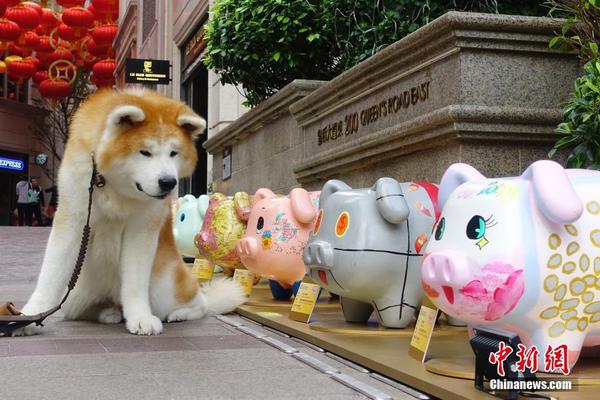 Today's Hurdle hints and answers for April 20, 2025
Today's Hurdle hints and answers for April 20, 2025
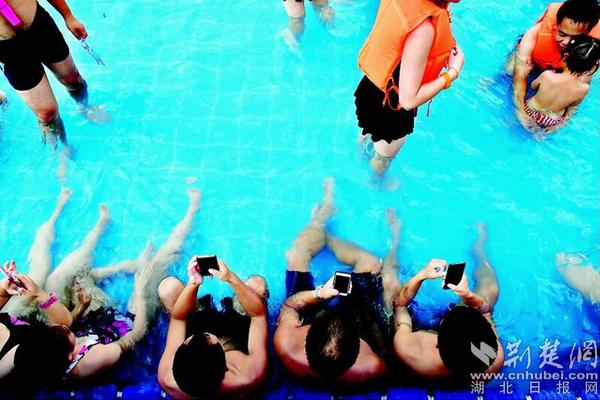 Google rolls out Gemini Live screen sharing to all Android users
Google rolls out Gemini Live screen sharing to all Android users
 OpenAI's o3 and o4
OpenAI's o3 and o4
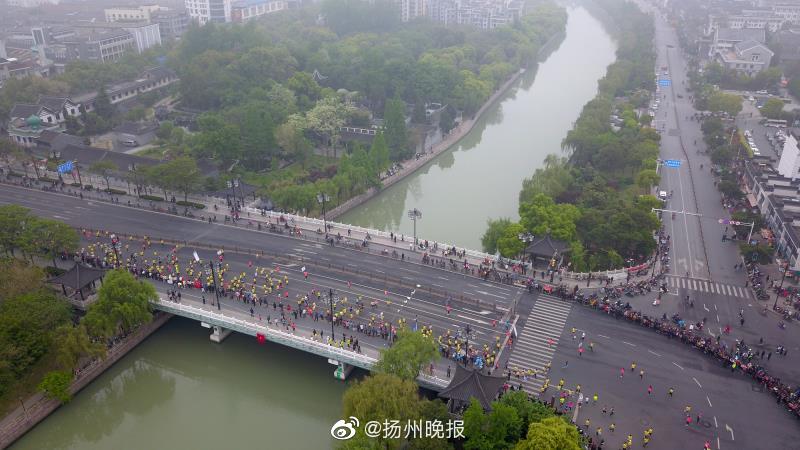 800 Traction Ave. Residents’ Final Evacuation Sale
800 Traction Ave. Residents’ Final Evacuation Sale
 Before the Law in Tijuana
Before the Law in Tijuana
 Nisei Week Festival to Honor Eight Pioneers
Nisei Week Festival to Honor Eight Pioneers
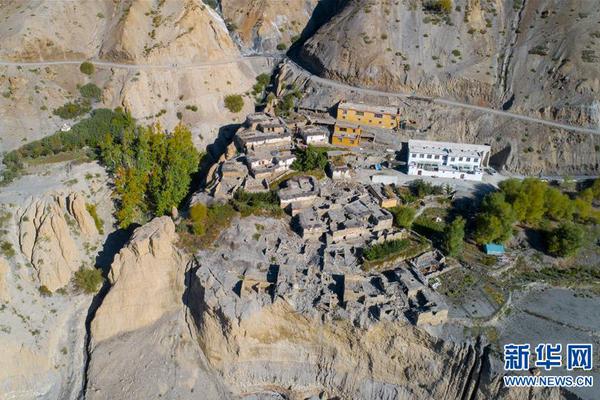 NYT mini crossword answers for April 20, 2025
NYT mini crossword answers for April 20, 2025
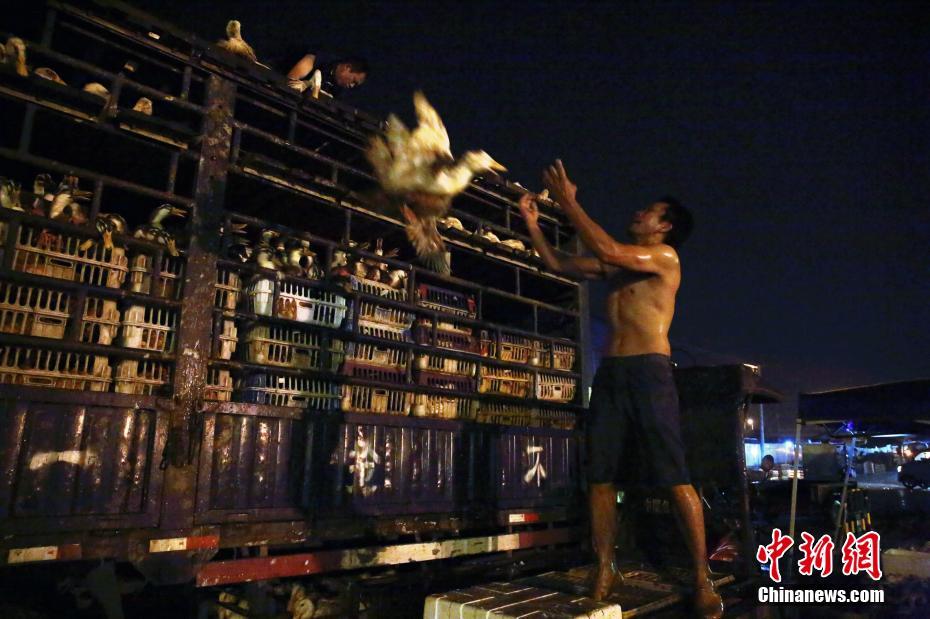 Wordle today: The answer and hints for April 20, 2025
Wordle today: The answer and hints for April 20, 2025
 Best portable power station deal: Save $550 on the Anker Solix C1000
Best portable power station deal: Save $550 on the Anker Solix C1000
 Heart Mountain Interpretive Center Road Sign Installed
Heart Mountain Interpretive Center Road Sign Installed
 SpaceX landed three of its boosters for the first time, and yep, it was impressive
SpaceX landed three of its boosters for the first time, and yep, it was impressive
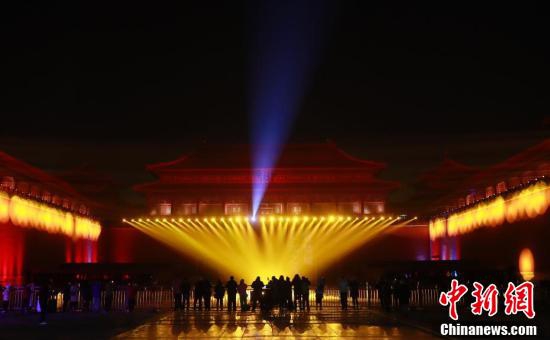 Tencent set to become majority shareholder of Polish videogame company Techland · TechNode
Tencent set to become majority shareholder of Polish videogame company Techland · TechNode
 Ant Group plans restructuring ahead of Hong Kong IPO · TechNode
Ant Group plans restructuring ahead of Hong Kong IPO · TechNode
 Huizar Joins Effort to Oppose 7
Huizar Joins Effort to Oppose 7
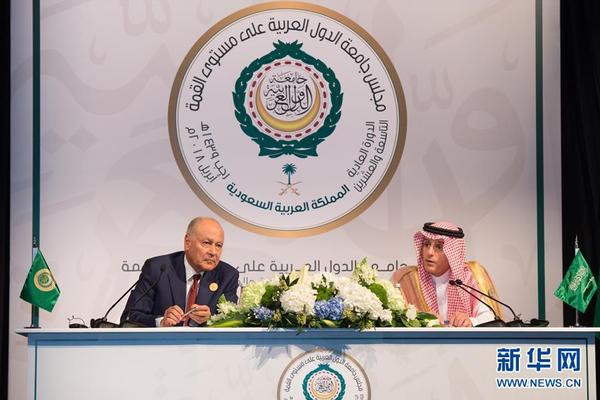 Apple iPhone 17 Pro leaks highlight major new design change
Apple iPhone 17 Pro leaks highlight major new design change
NASA astronauts are proud bedwetters. They even practice.A NASA Mars rover looked up at a moody sky. What it saw wasn't a star.CATL backs humanoid robotics startup Galbot in $153 million funding · TechNodeWill the Milky Way and Andromeda crash? Now scientists aren't so sure.Cost Per Frame Analysis: The Best Graphics Cards in Mid 2025Essential Apps to Install on Windows and macOSNASA just performed a 'miracle save' for its farthest spacecraftFoldable iPhone leaks tease new details on camera, specs, displayGoogle Earth adds Street View upgrade that lets you travel in timeWar Stories Peter Irons to Be Honored at San Diego Day of Remembrance Nutritionist to Speak at Parkinson's Support Meeting Former Transportation Secretary Chao Responds to Trump's Taunts Producers of Mineta Film Recall Ten State Sen. Min Announces Campaign for Congress with Rep. Porter’s Endorsement JACL: Tyre Nichols' Death Shows We Still Need Change Online Fundraiser for 10 Next on ‘Asian Pacific America’: Kelly Yang, Erin Mei Matsui Praises ‘Trailblazer’ Feinstein as Senator Decides Not to Seek Re Heart Mountain Opens New Exhibit on Ties Between Holocaust and JA Soldiers
0.1347s , 9947.75 kb
Copyright © 2025 Powered by 【смотреть порнографию корея】Enter to watch online.From Heisei to Reiwa: Reflections on a Changing Era,Feature Flash